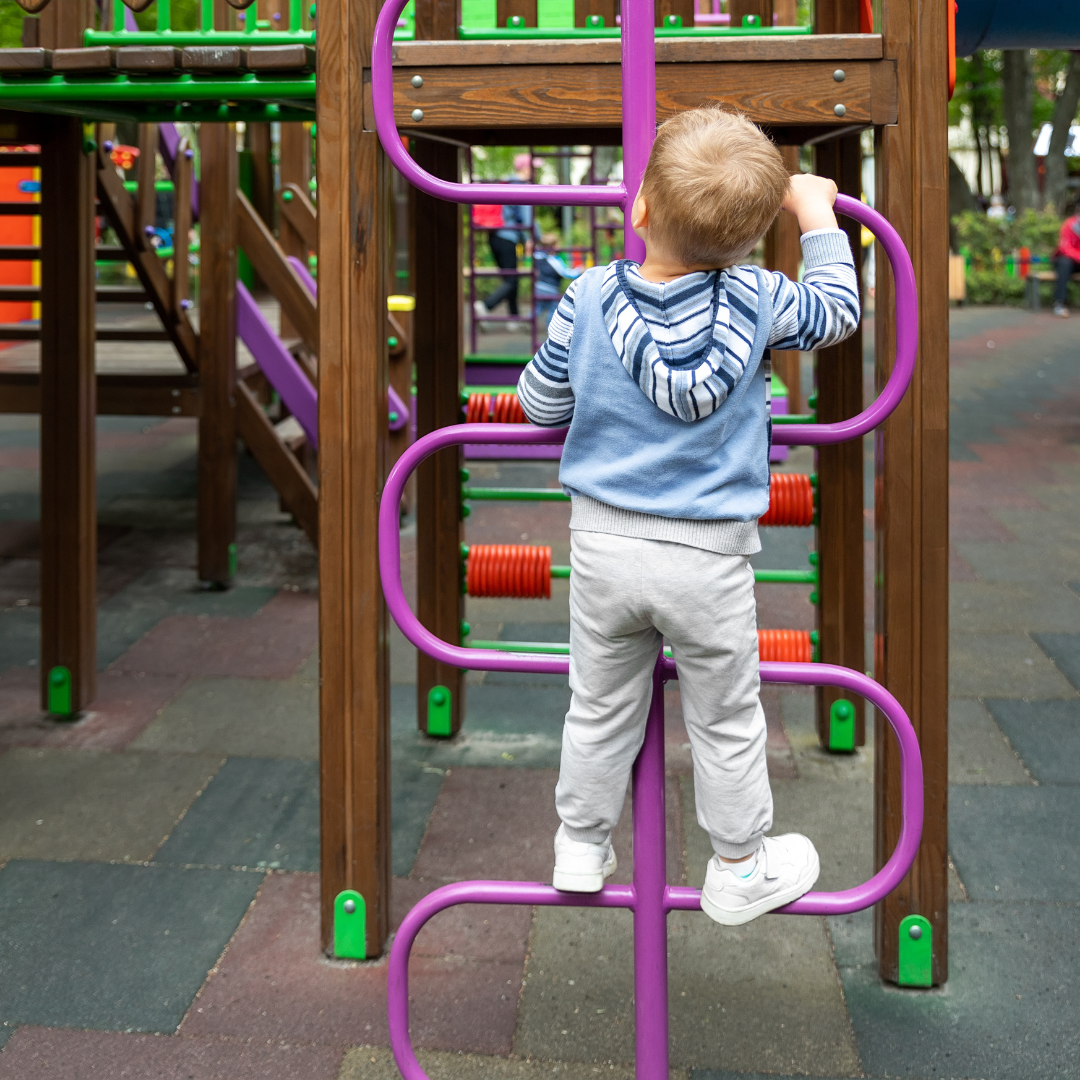When Therapy Looks (and Feels) Like Play: Speech and Language Made Fun
When you think of speech therapy, you might picture an adult sitting with your child at a table doing worksheets. For children, therapy often feels like play! Kids learn best when they have fun. Everyday activities are great for improving communication and feeding skills. We have shared some ways you can play with a purpose to practice these skills with your child.
Mealtime:
When your child asks for “milk,” expand and model a longer phrase, such as “more milk.”
Use descriptive words to describe foods, such as “crunchy” or “sweet.” Don’t use “yucky” or “yummy.” These words are subjective. What you enjoy might not be what your child enjoys.
Practice passing food and scooping it out for others.
Encourage open cup drinking at the table where you can help them if needed. Sippy cups act like "hard spouted bottles." These don't help strengthen the tongue as much as open cups or straws do. .
Getting Dressed:
Great time for choices. Give your child two items to pick from and encourage them to label the clothes and colors.
Give two-step directions for your child to follow, such as “Put on socks, then shoes.”
Bath Time:
Sing songs that name body parts, like “wash arm” or “splash water.” This helps your child learn new words..
Blow bubbles and make silly sounds. This helps make your child’s lips stronger and improves breath support for speech.
Car Rides:
Play word games like “I Spy” to practice describing.
Repeat speech sounds for practice (“I see a truck—t-t-truck”).
Story Time:
Ask your child to tell the story in their own words.
Ask “wh” questions, such as “Who is in the picture?”, “What are they doing?”. Ask your child questions to spark their imagination. For example, you can ask, “Where do you think they will go?”” or “What do you think will happen next?”
Errands:
Let your child be our little helper. Give them directions, such as “Get two apples.”
Have them choose a food for their next snack.
Pretend Play:
Set up a “restaurant” or “grocery store.” Use phrases for these settings. For example, say "hi" to someone or order food.
Board Games:
Games with turns help your child to learn to wait and use phrases such as "it's your turn.”
Don’t always let your child win; help them learn to praise others using phrases like, “Great job.”
Building Toys:
Work together to create a design, such as a house or an animal. Give your child directions like “put the block on top.”
Practice problem-solving, asking questions such as, “What do you think will happen if I put the block here?”.
Playground Play:
Encourage your child to talk while they play and move. For example, they can say, “I’m climbing up!" “Slide fast!" to connect actions with words.
Playing with others helps your child learn social skills. They practice turn-taking, sharing, and negotiating. Model phrases for your child to use with other children.
Dancing and Singing:
Action songs like "If You're Happy and You Know It" help your child imitate. Imitating actions is the first step to imitating words.
Songs with finger plays, like “Itsy Bitsy Spider,” help improve fine motor skills and imitation. We use our hands for gestures and even some simple signs.
Take turns being the "leader," and the other person has to imitate how you are dancing.
Include speech, language, social, and feeding skills in your child's daily routine. This helps them improve. Make routines fun! This way, your child learns important skills for success. Therapy can look like play—and play can have a powerful purpose.











